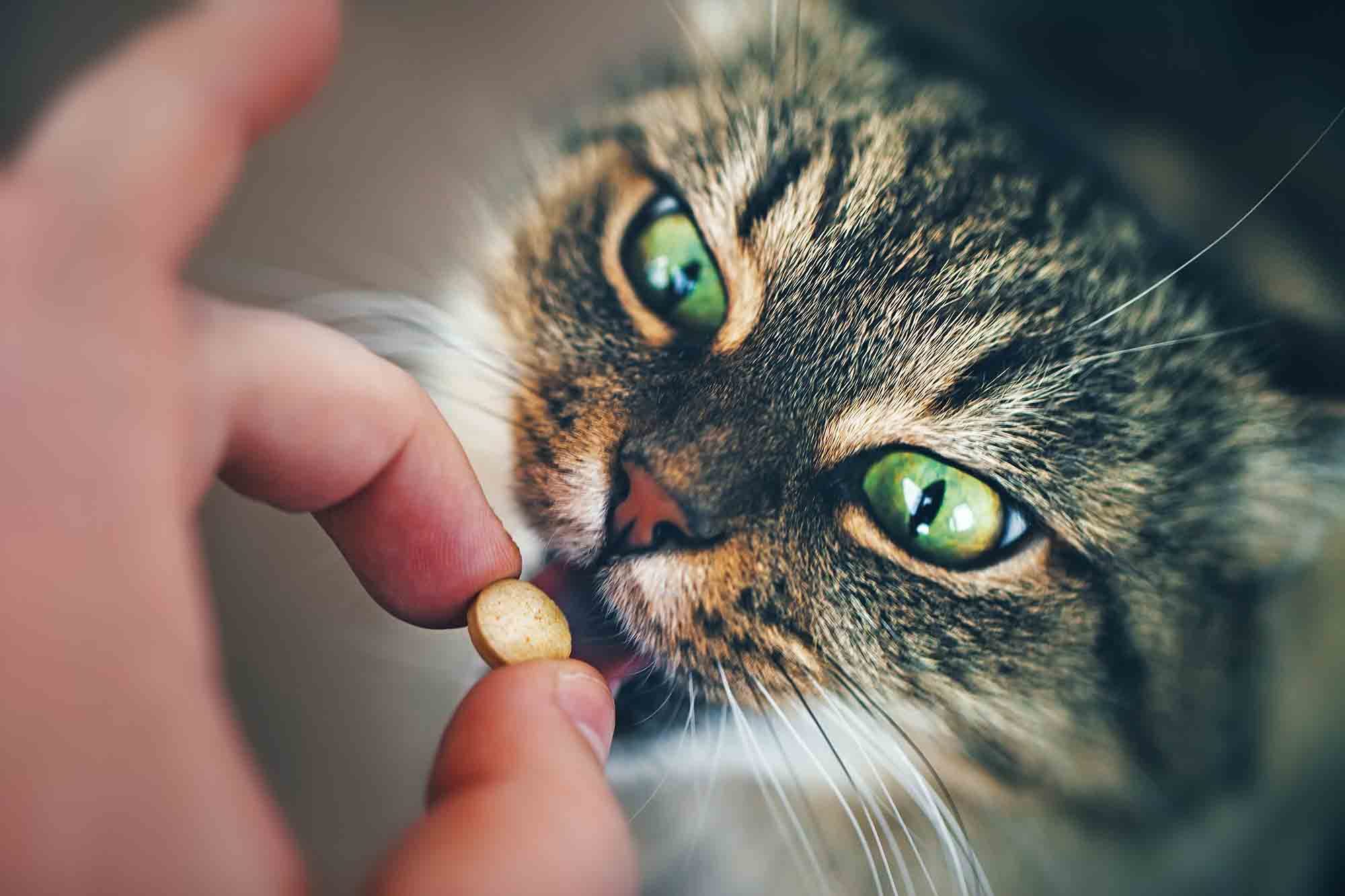It’s Our Duty! Responsible Use of Antibiotics in Pets
 When Alexander Fleming discovered penicillin in 1928, the world as we knew it changed, much for the better. Antibiotics have been essential in modern human and veterinary medicine, allowing us to successfully treat many conditions that were once devastating.
When Alexander Fleming discovered penicillin in 1928, the world as we knew it changed, much for the better. Antibiotics have been essential in modern human and veterinary medicine, allowing us to successfully treat many conditions that were once devastating.
With great power, though, comes great responsibility. The tendency to overuse these important drugs has lead to antibiotic resistance over the years. Join Oakland Veterinary Referral Services in recognizing and respecting the conscientious way to use antibiotics in pets.
Understanding Antibiotic Resistance
Antibiotic resistance is a bit of a buzz word in the media, but it is a true concern. Antibiotic resistance refers to a microorganism developing the ability to survive and reproduce in the presence of an antibiotic that would normally be able to kill or inactivate it.
When antibiotic resistance develops, we end up with so-called superbugs that we are unable to treat using conventional antibiotics. An example of this is MRSA in people, with MSRP being a similar bacterium in animals.
The development of antibiotic resistance is very complex and not entirely understood at this time. We do know, however, that evolutionary pressures are at play. Bacteria divide rapidly, and minor mutations in their DNA are common. When a bacterium has a minor mutation that allows it to survive an antibiotic, future generations of this bacteria are better able to survive the antibiotic.
The development of antibiotic resistance is a complex process. We do know that it is more likely to occur under certain circumstances, which can include:
- Improperly low (subtherapeutic) doses of antibiotics
- Too short of a duration of administration of antibiotics
- Repeated antibiotic dosing in a short period of time
Using Antibiotics in Pets the Right Way
We rely on antibiotics in veterinary medicine to treat our pet patients safely and effectively. This makes it our responsibility to use antibiotics in an effective way, so that they maintain their efficacy.
What can you do, as a pet owner, to help reduce the development of antibiotic resistance?
Be sure to:
- Give any prescribed antibiotics at the frequency and duration recommended
- Avoid using oral or topical antibiotics on your pet, unless under the direction of a veterinarian
- Store antibiotics as directed
- Let us know if you are having trouble giving an antibiotic as prescribed; we may have some helpful hints or alternatives to help
- Report any suspected side effects, rather than stopping an antibiotic on your own
It is also important to remember that we are your partners in responsible antibiotic stewardship. Bringing your pet in for an exam when asked is important, so that we can be sure that antibiotic use is warranted and that the best antibiotic is utilized.
We may also recommend bacterial cultures at times. This testing allows us to fully identify what bacteria is present and what the best antibiotic is to treat it. This testing can add cost to your pet’s treatment, but is often the best way to successfully treat many conditions, including skin problems, ear infections, and urinary tract infections.
Antibiotics in pets are often a cornerstone of successful treatment. We want to ensure that we are able to help your pets when needed by using antibiotics responsibly. Please call us with any additional questions or concerns.


